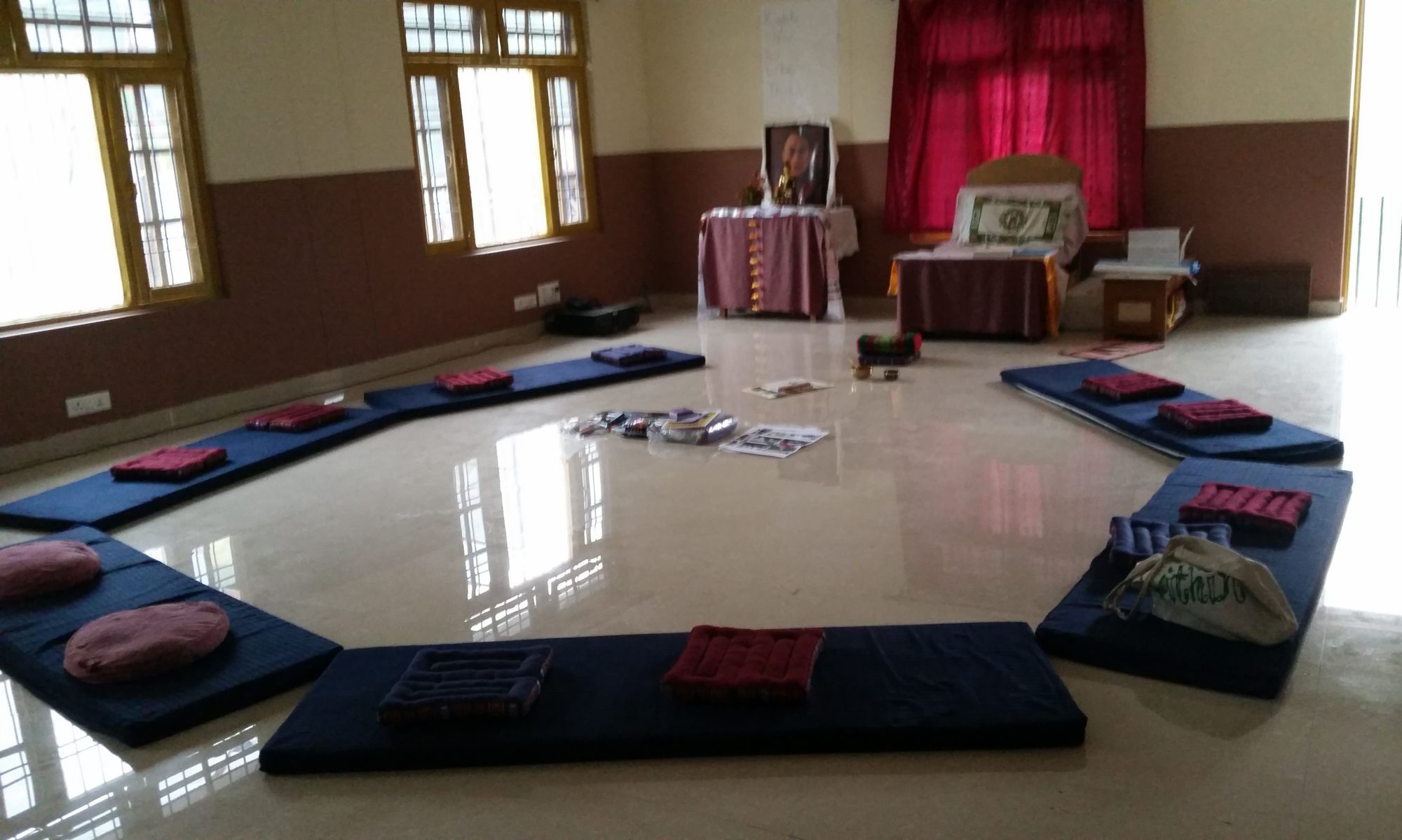Living skillfully through the Five Universal Precepts
The first precept of ‘Not killing or causing harm to other living beings’, is the fundamental ethical principle for Buddhism, and all the other precepts are elaborations of this. This precept implies acting non-violently wherever possible, and many Buddhists are vegetarian for this very reason, but that is neither an absolute nor an obligation. The precepts aren’t just about ourselves but they are about how we interact with everyone and everything around us.
The principle behind all of the Five Universal Precepts is non-harming. The precepts are practical suggestions showing us which actions tend to lead us towards suffering and which actions tend to lead us away from suffering. It is not about right or wrong but about developing clarity of mind and clarity of intention.
The precepts are completely intertwined with mindfulness practice in the Buddhist teachings on the path to liberation or the path to freedom : The Threefold Way : Sila (Ethics/Precepts) – Samadhi (Meditation/Mindfulness) – Panna (Wisdom/Insight). This is a progressive path, as ethics and a clear conscience provide an indispensable basis for meditation, and meditation is the ground on which wisdom can develop.
Almost universally, with the very notable exception of Thamkrabok Monastery, individuals on a meditation retreat, or visiting any Buddhist monastery anywhere in the world are invited to abide by either the Five or sometimes the Eight Precepts. It is a rarely acknowledged fact that the ordination service for Thamkrabok monks includes the traditional ‘Going for Refuge and taking the Precepts’ even if they aren’t later practised and promoted as part of Thamkrabok monastery life.
In the context of bringing spirituality into our lives the precepts emphasise and promote the cultivation of…
(1) Compassion,
(2) Generosity and Contentment,
(3) Fidelity and Harmony in Relationships,
(4) Truthfulness and Honesty;
and last but not least (5) Clarity of Mind.
So these commitments by the ex-addict to cultivate a safe, non-harming and fearless environment come internally from him or her – not from a commandment or rule ‘outside’. The Five Universal Precepts can be seen as the original ‘Harm Reduction Program’ benefiting both the individual and the community.
